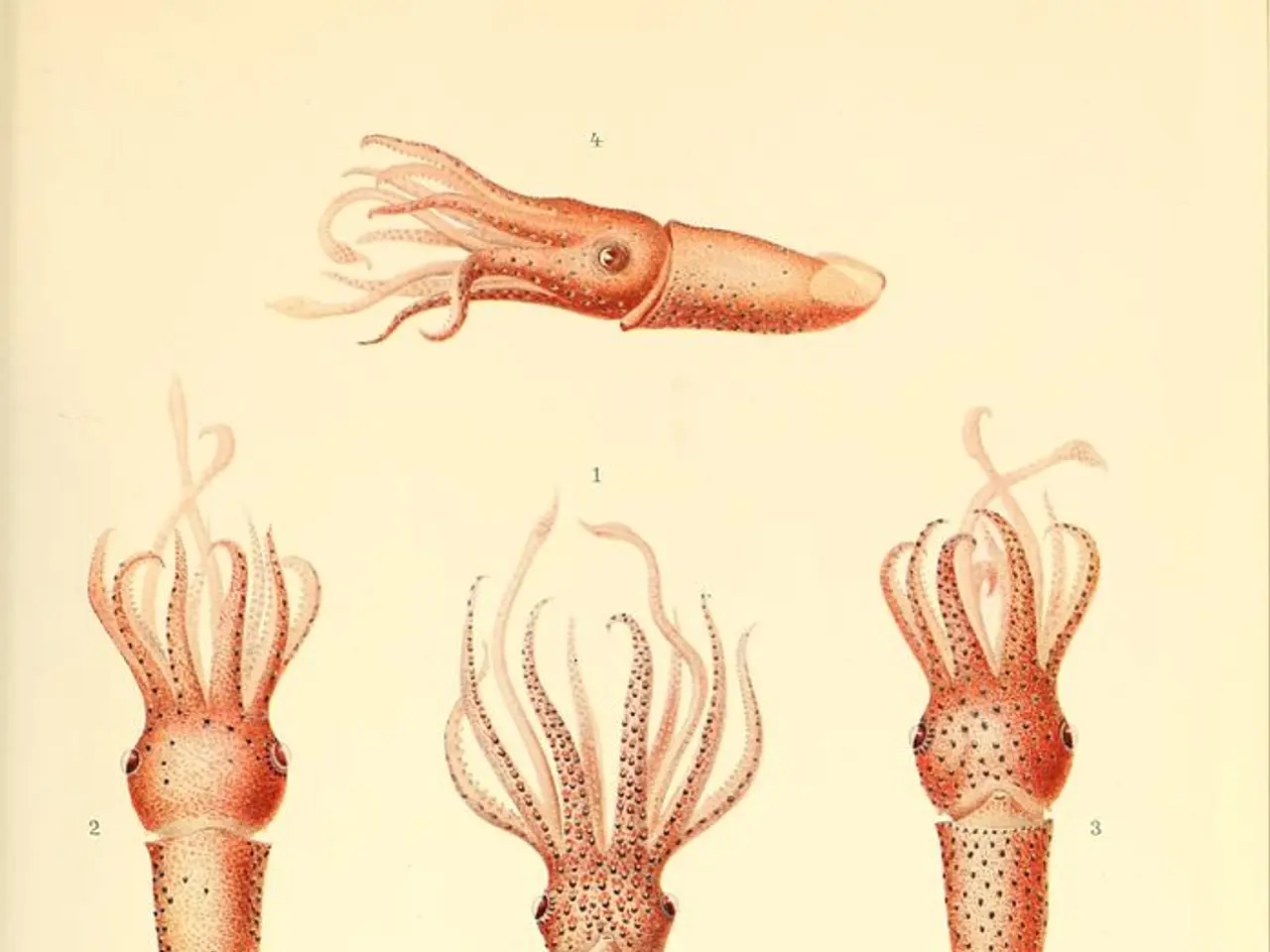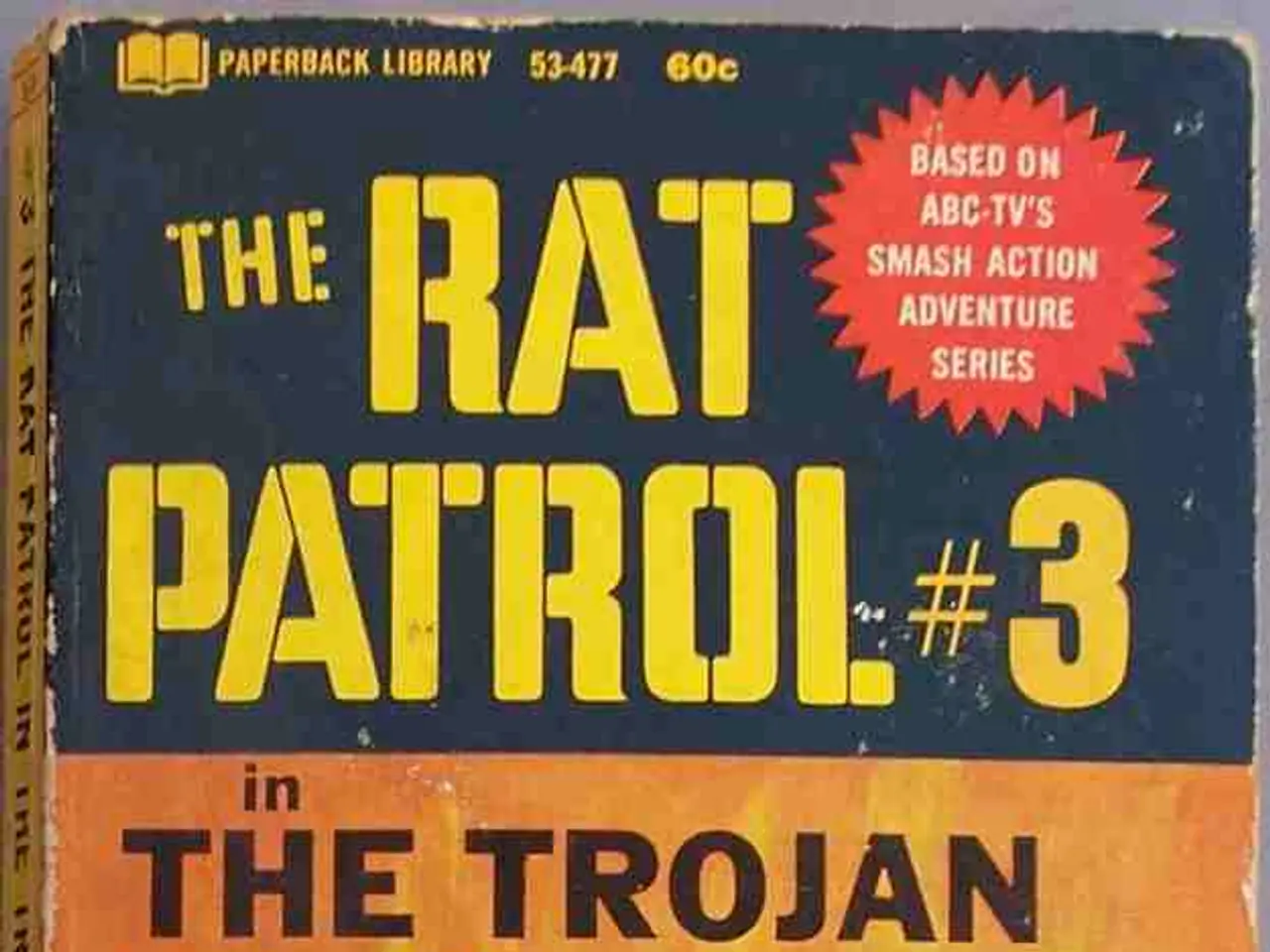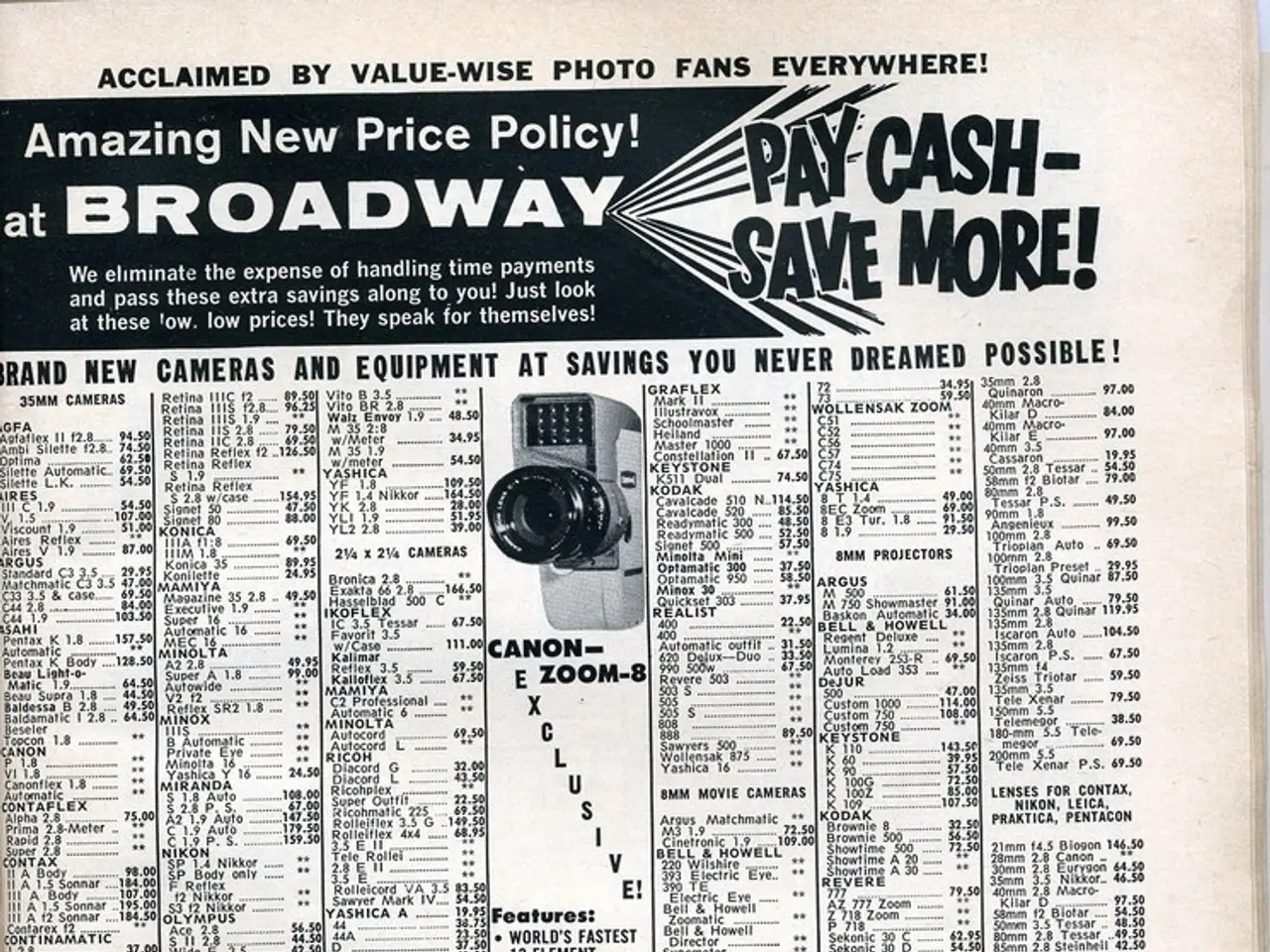Gone Is the Time of NATO's Dominance? Italian Defense Minister Stirs Controversy Over NATO's "Outdated" Legitimacy
Italy's Minister Meloni casts doubt on NATO's rationale within its current structure
Italy, once a staunch defender of NATO, now questions the Western defense alliance's relevance in the modern world. Defense Minister Guido Crosetto declared in the city of Padua that "NATO has no reason to exist." Times have changed, and the EU is not immune to scrutiny either.
Italy, one of the original founding members of NATO in 1949, is rattling the Western defense alliance ahead of the upcoming NATO summit. Crosetto, a confidant of Prime Minister Giorgia Meloni, expressed these controversial views at the University of Padua.
The North Atlantic Treaty Organization is about to convene next week in The Hague in the presence of U.S. President Donald Trump. Despite a long-standing membership with NATO, Italy's stance towards the alliance has become complex and somewhat ambivalent.
In his talk at the University of Padua, Crosetto also expressed concern about the EU, stating, "We often live in the past. But everything has changed. Europe seems meaningless if it doesn't play a political role, if it doesn't have a defense policy."
Echoing the right-wing leader Meloni, who came to power in 2022 with significant criticism of the EU, Crosetto pushed for a more integrated European defense alliance, an idea that could be seen as countering NATO's role.
Country after country, NATO members such as Spain, have shown reluctance towards meeting NATO's defense spending targets, creating turmoil amongst alliance members. In a recent letter to NATO Secretary General Mark Rutte, Spanish Prime Minister Pedro Sánchez announced Spain's unwillingness to go along with NATO's plans to increase defense spending to 5% of GDP.
Italy's stance toward NATO is a reflection of broader concerns about NATO's relevance and cohesion, especially amid shifting U.S. policies under President Donald Trump. Crosetto's assertions about the need for NATO to evolve to reflect today's global realities mirror concerns voiced by international experts.
However, some experts warn that such criticism could undermine NATO's ability to maintain peace amid current geopolitical tensions. Only time will tell if Crosetto's remarks will have the intended effect or if the alliance will remain unscathed.
Politics: It's a turbulent time for European politics as Italy questions the relevance of NATO and pushes for a greater European defense alliance. Meanwhile, Spain refuses to follow NATO's defense spending plans, hinting at a deeper divide within the Western defense alliance. As the EU navigates this political minefield, it will be crucial to find a balance between ambition and practicality to ensure peace and stability for its citizens and allies.
The Commission, in the midst of the turbulent European politics, has also been consulted on the draft directive regarding NATO's potential evolution, as Italy questions the Western defense alliance's relevance and pushes for a more integrated European defense alliance. This comes as Spain, another NATO member, refuses to meet the defense spending targets recommended by NATO, further hinting at a divisive climate within the alliance.





